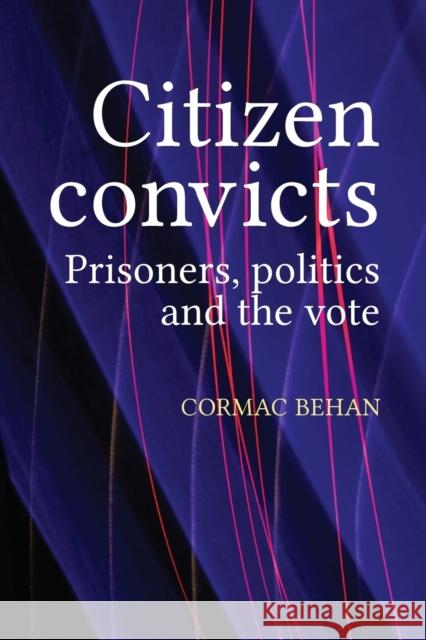Citizen Convicts: Prisoners, Politics and the Vote » książka
Citizen Convicts: Prisoners, Politics and the Vote
ISBN-13: 9781526116970 / Angielski / Miękka / 2017 / 240 str.
Prisoner enfranchisement remains one of the few contested electoral issues in twenty-first century democracies. It is at the intersection of punishment and representative government. This book is the first comprehensive study of prisoners and the franchise in any jurisdiction. Using the Republic of Ireland as a case study, it analyses the experience of prisoner enfranchisement and locates it in an international context.
In a democratic polity, the deliberate denial of the right to vote to any section of the population has very serious implications, both symbolic, in terms of devaluing citizenship, and practical, in terms of affecting electoral outcomes. Conversely, the extension of the franchise is similarly emblematic of a political system's priorities and emphases. The debate about prisoner enfranchisement is significant because it gives us some insights into the objectives of imprisonment, society's conflicted attitude towards prisoners, the nature of democracy and the concept of citizenship.
Considering the extraordinary rise in imprisonment in many jurisdictions in the late twentieth and early twenty-first centuries, this book will be of interest to students, policymakers, prisoners and activists. As prisoner enfranchisement increasingly becomes the subject of controversy, the debates, legislation, turnout and voting patterns in the Republic of Ireland can provide an example to other jurisdictions.
Citizen convicts: Prisoners, politics and the vote will be essential reading for anybody with an interest in the last major contested electoral issue in twenty-first century democracy: in particular criminologists, political scientists, sociologists and historians.











